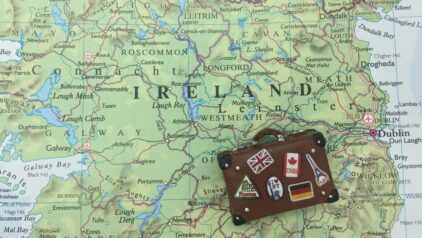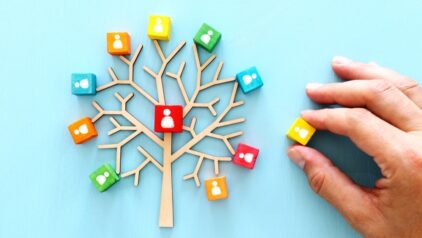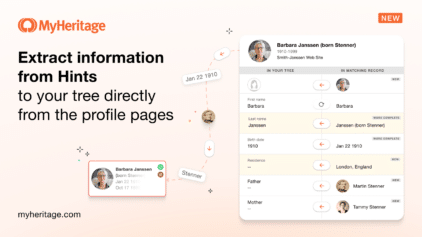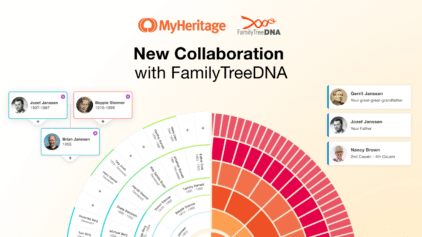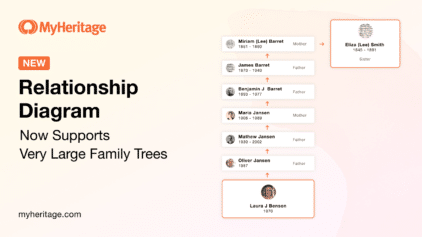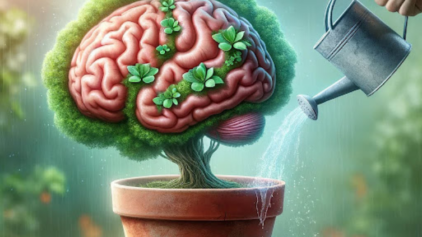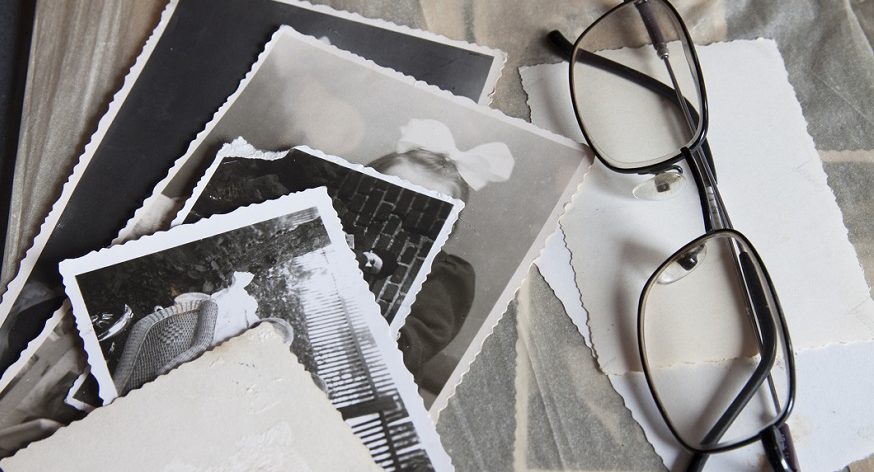

Schelly Talalay Dardashti is the US Genealogy Advisor for MyHeritage.
We must seem somewhat strange to others who have not yet caught the genealogy “bug.”
Investigative skills are something we need to acquire. We analyze and dissect clues as we piece together the most complicated puzzles.
We learn to analyze like psychologists, understand history like historians, read maps like navigators, and our communication skills begin to rival therapists and psychiatrists as we persuade reluctant or senior family members to share their important knowledge.
Out of necessity, we become cryptographers, graphologists and paleographers to decipher illegible documents, signatures, misspellings, ancient handwritings and learn about Creative Spelling 101 to assist our online database searches.
We become writers, hone the hunting skills of scoop-sniffing reporters and prime-time interviewers. We learn to read other alphabets and, bit by bit, learn the essential vocabulary of genealogy in other languages as we gather linguistic skills. At the least, we learn more than we knew previously.
As we are compelled to organize our increasing material, we earn an M.S. in “more stuff,” a Ph.D. in “piled higher and deeper,” a degree in librarianship in our spare time, if we knew what spare time really was.
To decipher the clues in old photographs, we need to study historical costumes and interiors, as well as conservation techniques as we learn how to store valuable photographs and documents
When we organize our complex research trips to repositories, conferences and the “old country” to take those domestic and international journeys down discovery road, we’ll need to become travel agents.
And, as we begin to drown in paper and need to store it, architecture, space planning, and construction studies will be helpful. Records, papers, books, photographs, and equipment will certainly outgrow the kitchen table, the dining room table and every horizontal surface, including the floor!
And now that DNA must be a part — according to many experts — of any serious genealogical research project, we should be refreshing our understanding of science.
We haven’t even touched the ever-changing technological revolution in genealogy, including hardware and software innovations which may present learning curve problems to the non-techies among us. I confess that I always thought of myself as a non-techie, but seem to have picked up skills in this area along the way.
On the other hand, I don’t know of any genealogist — amateur or professional — who would give up the frequently challenging and ultimately rewarding achievements of a complicated search.


